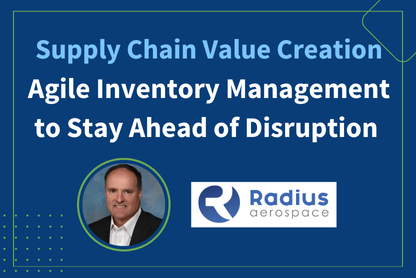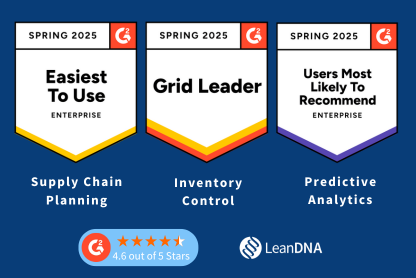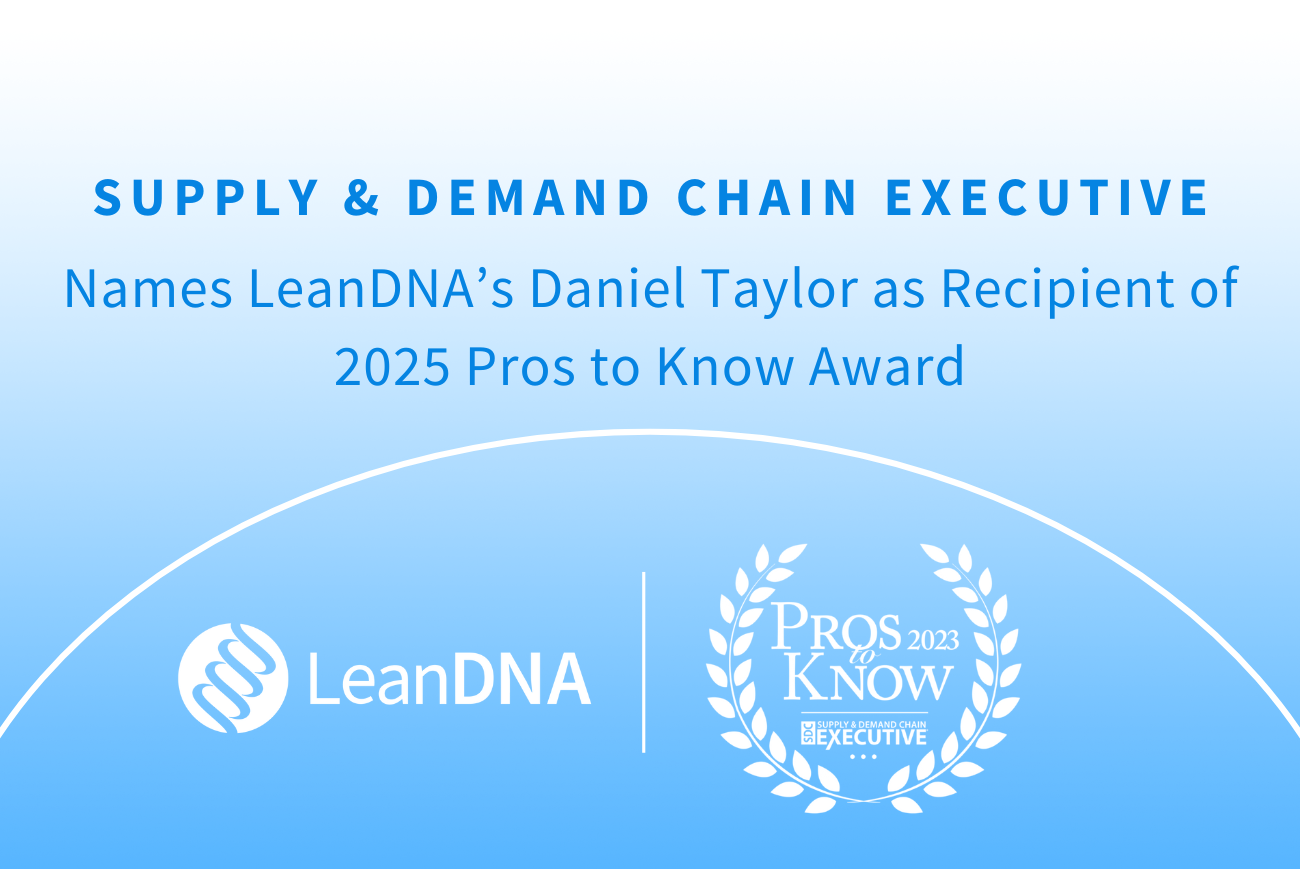New Year’s resolutions tend to center on implementing changes to address nagging issues holding you back from your full potential. This annual spurt of motivation applies to both our personal and professional lives. Unfortunately, when the momentum of change is paused it often proves extremely difficult to regain speed.
On a personal level, progress is often paused in the early stages when people convince themselves that they must address some preliminary tasks before starting. Take the scenario of cleaning up your garage. Many people say, “I’ll build those shelves and clean up the garage after I have a garage sale”. The garage sale seems relatively easy but it isn’t the goal. It is easy to deprioritize the garage sale since it isn’t the main objective. People tend to postpone the ‘pre-work’ and subsequently the ‘real’ work is never started.
Data Cleanliness: Understanding the procrastination problem
At its core, procrastination is rooted in the human tendency to prioritize short-term comfort over long-term gains. In the context of supply chain management, this manifests as a reluctance to address underlying issues that may be holding the organization back. Whether it's outdated technology, inefficient processes, or data quality issues, these challenges are often seen as too daunting to tackle head-on.
One common scenario is the reluctance to replace antiquated software solutions due to concerns about data cleanliness. Organizations are hesitant to copy over ‘dirty’ data with known issues into their ‘clean’ new system so a data cleansing effort is initiated. This strategy often fails. The legacy software is typically ill-equipped to resolve the errors making this a slow and tedious process. Worse still, while cleansing the data the legacy system continues to introduce new errors that will need to be corrected. Finding the time to cleanse data is difficult when your team is struggling to keep up with their daily task using a subpar tool.
The role of LeanDNA in driving change
So how can manufacturers break free from their procrastination problems and take meaningful action to improve their supply chain operations? Your instinct may be to turn to short-term fixes like hiring more resources or attempting to build in-house solutions to address the issues at hand. However, in our experience working with diverse supply chain organizations, we’ve observed these approaches often lead to wasted time, money, and resources without providing sustainable solutions.
Instead of relying on band-aid fixes, supply chain leaders should consider a more strategic approach to addressing data challenges and system limitations. By partnering with experienced solution providers like LeanDNA, organizations can leverage specialized expertise, cutting-edge technology, and proven methodologies to achieve sustainable improvements in supply chain performance.
One of the key advantages of LeanDNA is its ability to stand up extremely quickly so that you can leverage our modern tool to resolve data health issues in your legacy ERP system. The foundation is laid and much of the work is completed before your extended team is aware of the progress. Additionally, our team’s deep expertise and industry insights can help organizations identify opportunities for improvement and develop tailored strategies for success.
We have detailed mappings for the vast majority of ERP systems which allows us to extract, translate, and load (ETL) your data into LeanDNA with minimal demands on your IT and procurement teams. Once connected, we perform more than 160 checks to identify potential data health concerns. The results of these health checks are updated each time your ERP runs and reports are generated to detail the specific items and attributes that need attention. LeanDNA also provides simple workflows to help your team prioritize, manage and resolve the data health issues that have been identified.
Moving forward with confidence
The short-term risk of change is generally much lower than the long-term risk of inaction. When people try to defend procrastination, they need to be reminded that after implementing past-due changes, the most common thing people say is, “We should have done that a long time ago.” Recognizing the fallacy of waiting is the only 'pre-work' you need to complete.
Interested in learning more LeanDNA and how we can help you take a proactive approach to improved data and a more intelligent supply chain? Click here to request a demo.



